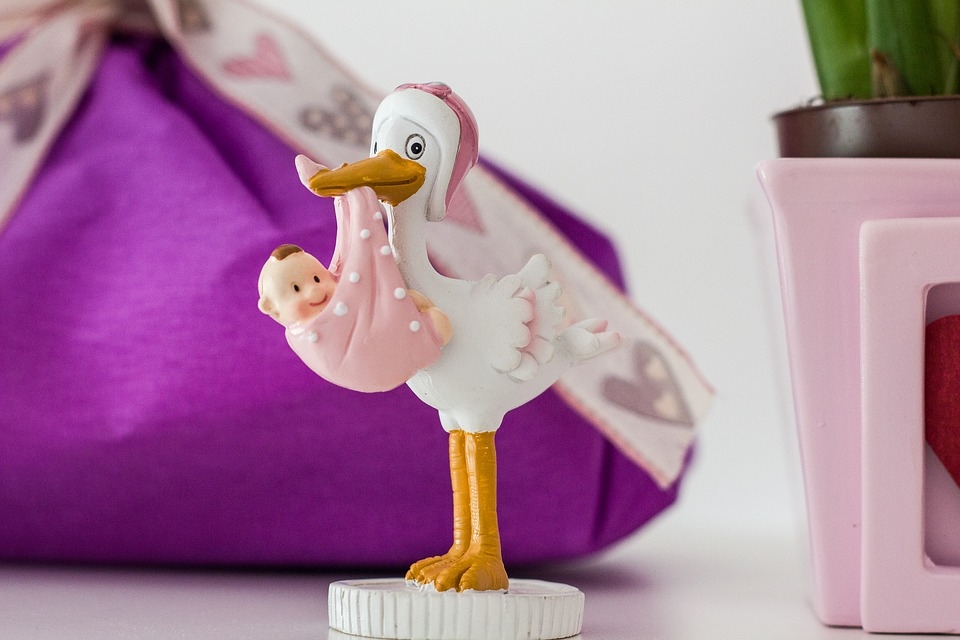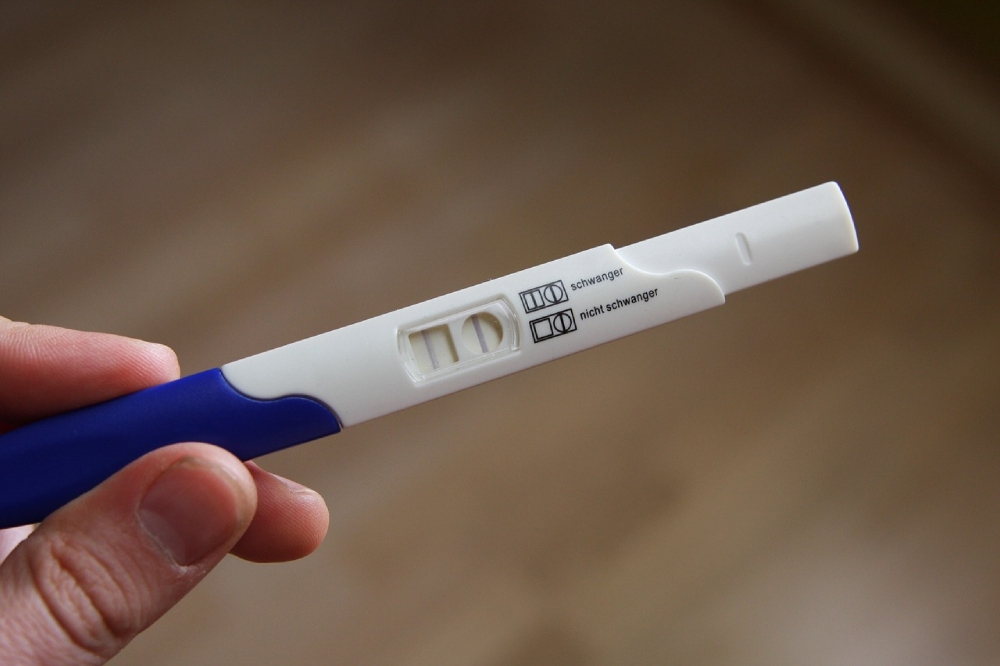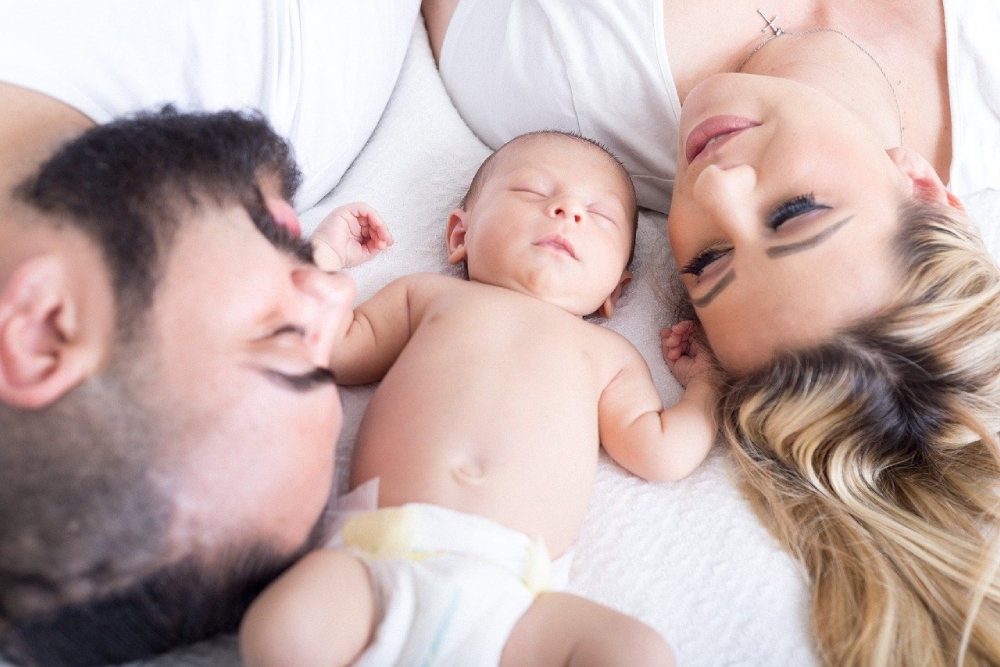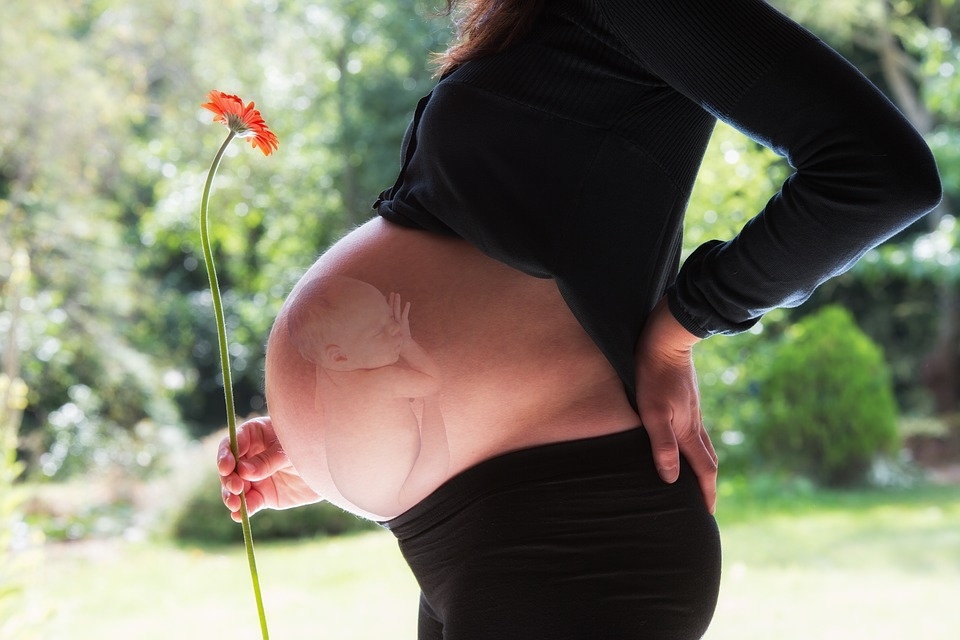The Ups and Down's of IVF
June 25th, 2020
1571 Views

In Vitro Fertilisation (IVF) is just one of several processes used in Assisted Reproductive Technology (ART) and is a technique used for couples that have not been able to conceive naturally for two years or more and where other forms of treatment have proved unsuccessful.
In the process of IVF, eggs are fertilised in a dish in a laboratory and the fertilised eggs (embryos) are planted in the mother’s uterus The eggs and sperm can be from the mother and father or eggs, sperms or both can be provided by donors.
Getting to the IVF stage is traumatic for every couple as so many emotions are involved. They will have had two years of anguish, wondering why they cannot be like all their friends and get pregnant easily and already be looking forward to the arrival of their baby. They will have spent countless hours at various medical centres having all types of tests that do nothing to boost morale or self esteem. Their private life will have lost much of its spark as it will have been dominated by calendars and ovulation dates. Being unable to become pregnant is heartbreaking.
Whilst IVF is available for some couples on the NHS, many couples choose to go privately and this can cost up to £5,000 for one cycle of IVF. A sad reality, is that couples often need more than one attempt to achieve a successful pregnancy, so it is important to understand the full costs involved at the beginning.
The medical process of IVF involves seven stages:
1. Your natural menstrual cycle must first be suppressed by medication.
2. Your egg production must be enhanced so that you produce more eggs than normal and again, this the use of medication makes this possible.
3. Once everything is looking good, you will have an ultrasound to check on the number of eggs and how they are maturing so a date ‘for harvest’ can be pinpointed.
4. On the chosen day, the eggs will be collected from your ovaries using a very fine needle which is inserted via your vagina.
5. the eggs are mixed with the sperm in a dish in the laboratory and left for a few days to be fertilised.
6. Once the eggs are fertilised, several will be placed in t your uterus.
7. After a two week wait (the longest in the world) you will complete a pregnancy test to see if the treatment has been successful.
In the process of IVF, eggs are fertilised in a dish in a laboratory and the fertilised eggs (embryos) are planted in the mother’s uterus The eggs and sperm can be from the mother and father or eggs, sperms or both can be provided by donors.
Getting to the IVF stage is traumatic for every couple as so many emotions are involved. They will have had two years of anguish, wondering why they cannot be like all their friends and get pregnant easily and already be looking forward to the arrival of their baby. They will have spent countless hours at various medical centres having all types of tests that do nothing to boost morale or self esteem. Their private life will have lost much of its spark as it will have been dominated by calendars and ovulation dates. Being unable to become pregnant is heartbreaking.
Whilst IVF is available for some couples on the NHS, many couples choose to go privately and this can cost up to £5,000 for one cycle of IVF. A sad reality, is that couples often need more than one attempt to achieve a successful pregnancy, so it is important to understand the full costs involved at the beginning.
The medical process of IVF involves seven stages:
1. Your natural menstrual cycle must first be suppressed by medication.
2. Your egg production must be enhanced so that you produce more eggs than normal and again, this the use of medication makes this possible.
3. Once everything is looking good, you will have an ultrasound to check on the number of eggs and how they are maturing so a date ‘for harvest’ can be pinpointed.
4. On the chosen day, the eggs will be collected from your ovaries using a very fine needle which is inserted via your vagina.
5. the eggs are mixed with the sperm in a dish in the laboratory and left for a few days to be fertilised.
6. Once the eggs are fertilised, several will be placed in t your uterus.
7. After a two week wait (the longest in the world) you will complete a pregnancy test to see if the treatment has been successful.

What are the Ups (advantages) of IVF?
IVF has been around since 1978 when the world watched with huge excitement the arrival of the first ‘IVF baby’ - Louise Brown. It was a life-changing moment for thousands of couples, desperate to have their own child. Since then, the technique has been refined and the level of drugs used modified to make the treatment as safe as possible.IVF is the most successful treatment.
Out of all the types of assisted reproductive technology. IVF success rates are the best and have been improving since it was first performed. Other techniques do work of course, IVF can be used for single women and also for same sex couples.Unused embryos can be donated.
If couples have had a successful pregnancy confirmed, with their permission, the unused embryos can be donated to another couple so that they can have a baby, alternatively, they can be donated to medical research.Embryos can be screened before implantation.
This is good news for couples where one of them is a carrier for an inherited generic disorder such as Down’s syndrome which is caused by a chromosomal abnormality as Pre-implantation genetic screening (PGS) can be used to ensure that the embryos that are going to be implanted are clear of any such disorders..
And the downs (negatives) of IVF?
In women where high levels of oestrogen have been used to stimulate egg production, this can lead to premature births and babies with low birth weights. In IVF treatment with no or low drug use, babies tend to go ‘full term;’ before their birth and they have a better birth weight.
A very important consideration, whilst you discuss IVF treatment, is the emotional and psychological impact it will have on you as a couple. Going through the treatment is very emotional, very stressful and physically demanding. Many partners find it hard to watch their ‘other half’ going through this difficult experience. It is essential that you discuss all aspects of the treatment thoroughly both before and after your consultation with your specialist. It is important to know how you both feel and whether the treatment will raise ethical concerns about the selection of only the strongest eggs and the creation of many embryos.
The first cycle of treatment might not work
Doctors cannot guarantee the success of a cycle of IVF treatment and many patients have to undergo several cycles of treatment before there is a successful pregnancy. Fertility Consultants often can tell their patients how successful they believe the treatment will be.There must still be some risks and side effects involved?
The technique of IVF has been developed to be as safe as possible and certainly, much lower levels of the drugs are now used. The biggest problem can be severe ovarian hyper-stimulation syndrome (OHSS). Which does still occur in a few patients. There is a slightly higher risk of an ectopic pregnancy in a woman who has had IVF treatment. This risk is 1-3% and this is particularly true in women with damaged fallopian tubes.In women where high levels of oestrogen have been used to stimulate egg production, this can lead to premature births and babies with low birth weights. In IVF treatment with no or low drug use, babies tend to go ‘full term;’ before their birth and they have a better birth weight.
The chance of having a multiple pregnancy.
Because often more than one fertilised embryo is implanted in the uterus to increase the likelihood of a successful pregnancy, in 20-30% of IVF treatments, this can lead to multiple pregnancies. This can of course lead to complications as there is the higher chance of miscarriage, there is a higher chance of premature labour and the need for a Caesarian birth. This is something that should be discussed through with your specialist.A very important consideration, whilst you discuss IVF treatment, is the emotional and psychological impact it will have on you as a couple. Going through the treatment is very emotional, very stressful and physically demanding. Many partners find it hard to watch their ‘other half’ going through this difficult experience. It is essential that you discuss all aspects of the treatment thoroughly both before and after your consultation with your specialist. It is important to know how you both feel and whether the treatment will raise ethical concerns about the selection of only the strongest eggs and the creation of many embryos.

It is a huge decision to make, but having said that, the sheer joy of having your new baby placed in your arms for the first time, makes it all worthwhile...
Chrissie x

